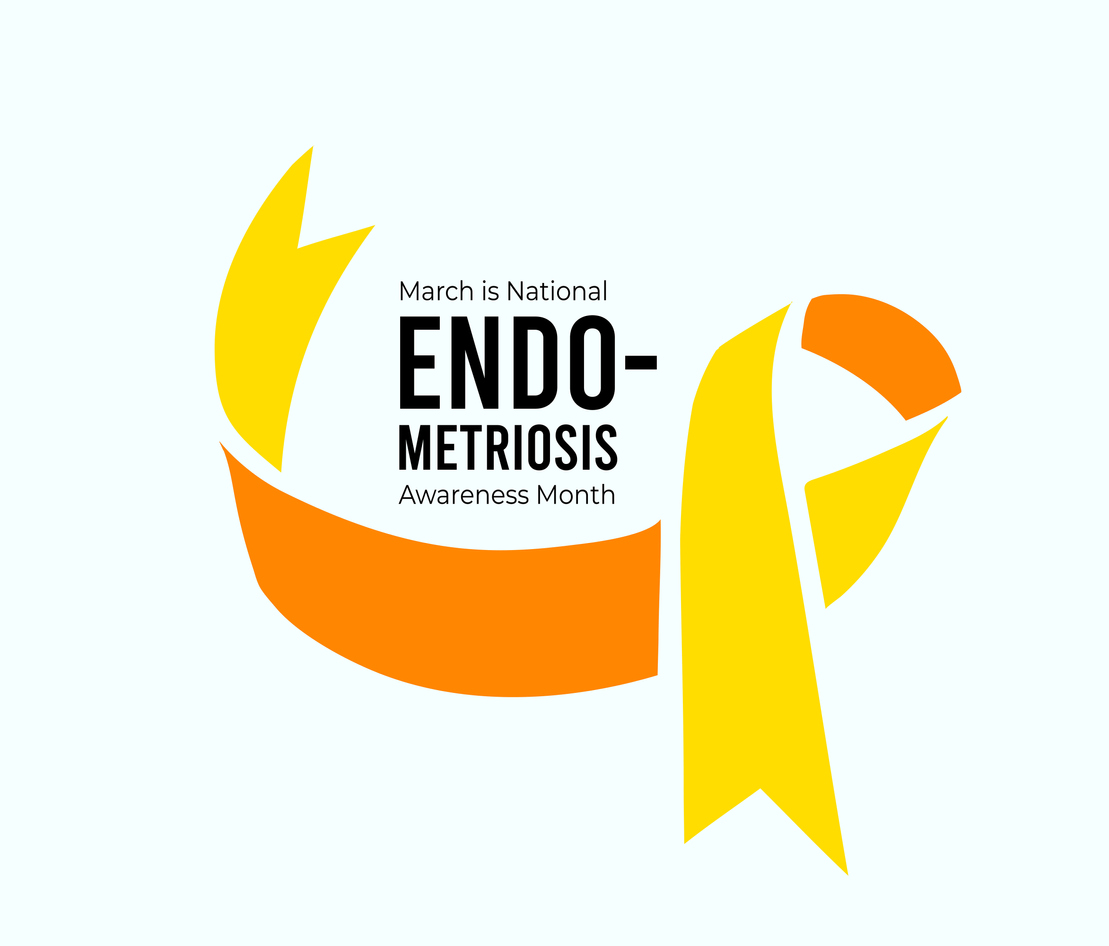Endometriosis can affect 1 in 8 women and up to 50% of women with endometriosis may experience fertility issues because of it. In honor of Endometriosis Awareness Month, we are sharing 5 facts about endometriosis and how it may affect your fertility.
- What is endometriosis? Endometriosis is an inflammatory condition that affects a woman’s uterus, ovaries, fallopian tubes and/or ligaments that support the uterus. More specifically, the tissue that lines the uterus, grows outside of it.
- Are there different stages of endometriosis? There are 4 different stages of endometriosis that a physician can diagnose.
-
-
- Stage 1 is minimal with a few small areas of endometriosis and no visible scar tissue.
- Stage 2 is mild with more implants of endometriosis than stage 1 but less than 2 inches of the woman’s abdomen is affected and no scar tissue.
- Stage 3 is considered moderate disease with even more endometriosis that may be deeper and cause pockets of endometriotic fluid in a woman’s ovaries. At this stage, there may be scar tissue around the fallopian tubes or ovaries.
- Stage 4 is severe with a large number of endometriotic implants that may be accompanied by cysts in the ovaries and possible scar tissue.
-
- Can endometriosis affect my fertility? Yes! Between 30% and 50% of women with endometriosis experience fertility issues and may need to seek the help of an infertility specialist.
- Can endometriosis be treated? Absolutely! Depending on the stage of endometriosis that you are diagnosed with, there are options for treatment. For many, endometriosis can be treated with a minimally invasive, laparoscopic surgery.
- What are my options for TTC? Most doctors will recommend treating your endometriosis before trying to conceive in any way. After treatment, if you are unable to conceive naturally within 12 months, your doctor may then recommend fertility treatment. IVF or IUI are great options for women with endometriosis.
If you think you may have endometriosis, schedule an appointment with your doctor to get checked. If you are someone who has endometriosis and is looking to begin fertility treatment, contact the UNC Fertility specialists today!









